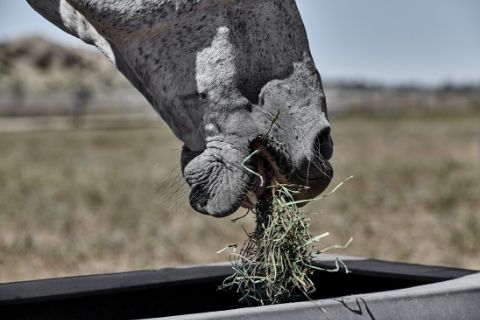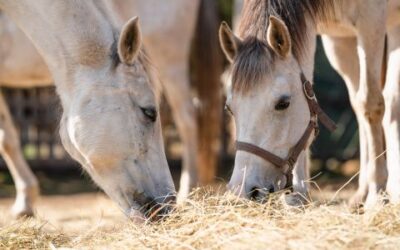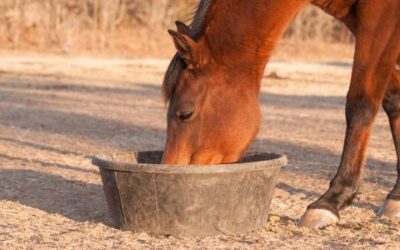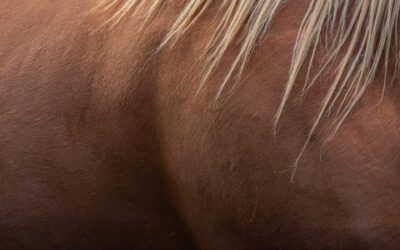
Crafting a personalized, nutritious diet for your horse is not always an easy task. Horses are individuals and require a well-thought out diet to ensure they receive the necessary vitamins and nutrients for their specific dietary needs. Though every horse’s diet will look slightly different, there are some feeding practices that benefit all horses regardless of breed or body type. A regular feeding schedule and special attention to parasitic control, for instance, should be tenets of every horse’s diet. Just as there are some common positive practices for feeding horses, there are also some common mistakes. This guide explores three of the most common horse feeding mistakes and how to avoid them for a healthier, happier horse.
Forgoing forage
Forage is one of the most important building blocks for your horse’s diet. In fact, the majority of a healthy horse’s diet should consist of forage, such as pasture and hay. A common misconception, however, is that all forage is created the same. This could not be further from the truth. As with any food products, certain types of forage will provide more nutritional value than others. Additionally, certain forage products, like alfalfa, have a much higher caloric value than others. The nutritional and caloric value of forage products is usually dependent on the type and quality of the forage. High-quality forage products, such as chopped timothy hay or alfalfa hay, will have a much higher nutritional value for your horse. Choosing high-quality forage products helps set a strong foundation for your horse’s diet. Using this foundation, you will then be able to create a more specialized feeding plan that accurately reflects your horse’s individual needs and dietary restrictions.
Going overboard on supplements
Depending on your horse’s medical history and specific dietary needs, it may be beneficial to introduce additional supplements to their diet. Doing this ensures that your horse receives all their necessary daily vitamins and minerals. However, it is possible to feed more supplements than your horse needs. Consuming certain vitamins or minerals in extreme quantities may actually harm your horse’s health. Providing unnecessary supplements to your horse can also cause a vitamin or mineral imbalance in your horse’s body as well. Be sure to familiarize yourself with the basics of dietary supplements and always consult your veterinarian before introducing additional supplements into your horse’s diet.
Feeding the same diet to every horse in your barn
Perhaps the most common horse feeding mistake is feeding a generic diet to your whole barn. As we’ve stated, all horses are different and will therefore require a specialized diet to meet their individual needs. Providing the same diet to all your horses does not account for individual medical needs or dietary restrictions, nor does it account for the body condition and physical needs of different horses. Depending on your horse’s body condition and workload, they may require heftier meals on a more regular basis or may benefit from a diet lower in calories. Maintaining the same diet for all horses may therefore cause some horses to be underfed while others may be overfed. Creating a specialized diet and feeding plan for each horse is the best way to ensure nutritional needs are met for every equine in your care.




